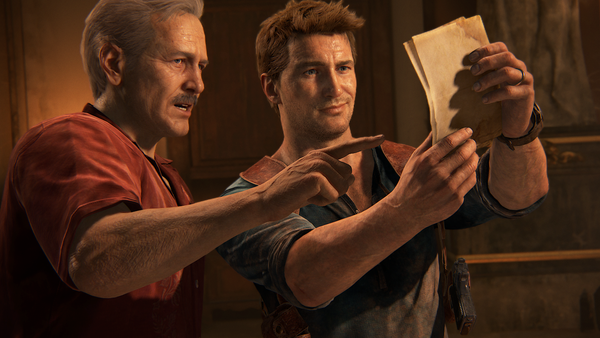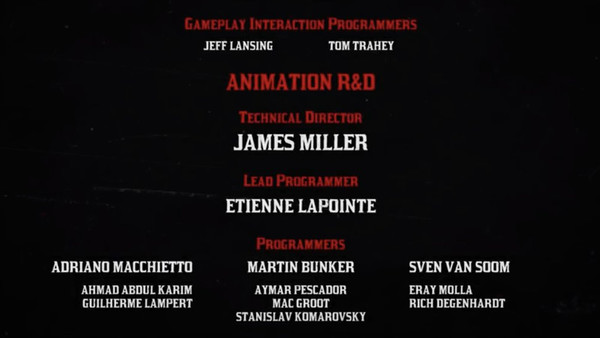10 Gaming Industry Secrets You Didn't Know
The little-known tricks of the trade.

More so than any other entertainment industry on the planet, video games are notorious for their secrecy.
While the practical, public shooting of movies and TV shows often makes it difficult for creators to keep the lid on casting and plot information, the fact that most video games are made in offices behind closed doors makes it far easier to control the flow of information.
Furthermore, the games industry is decidedly less-regulated than its live-action equivalents, largely due to it being a newer and less-understood medium, meaning that unethical and even scarcely legal business practises are often allowed to take place with impunity.
But thanks to brave whistle-blowers and bold investigative journalists, we as gamers are periodically offered a peek behind the curtain, to gawk at some of the more shocking and salacious video game secrets which are generally kept on the down-low.
Granted, a few of these secrets are at least harmlessly fascinating, rather than a damning indictment of an industry which clearly, desperately requires regulation and unionisation...
10. Developers Who Leave A Game Mid-Production May Not Receive A Credit

The extremely complex nature of video game development means that releasing a AAA title typically requires the efforts of around 600 people, and on top-tier blockbuster projects like, say, those produced by Rockstar Games, that number can easily cross 1,000.
And while this seems to explain why most AAA video game credit rolls are so freaking long, there's actually a mostly unspoken culture of publishers effectively weaponising game credits against unhappy employees.
If you work on only a small portion of a game or, worse still, leave mid-development for another studio, it's quite possible you'll either be relegated to the "special thanks" section or even left off the credits entirely.
Unlike the film industry, there aren't any concrete, legally binding guidelines in the largely non-union video game business, allowing companies like Rockstar to reportedly leave hundreds of people who worked on Red Dead Redemption 2 off the credits.
Worse still, Rockstar actually admitted that the practise was instituted to encourage their employees to "get to the finish line." Oof.
Given that developers rely on credits to secure future work, and claiming they've worked on a major AAA title without a credit to back it up makes them look dishonest, it's a massively harmful tactic to exert power over developers - and one which publishers need to be called out on.